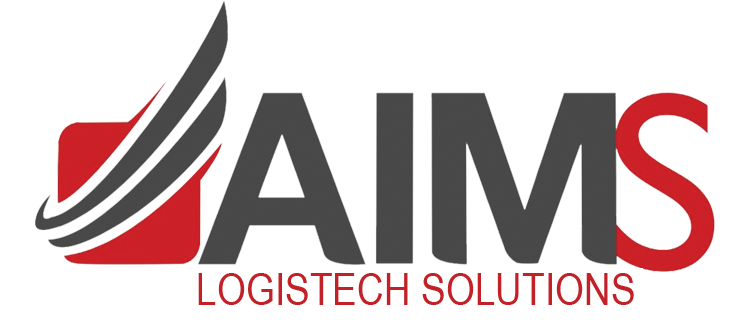Top 5 Customs Clearance Challenges in Pakistan and How to Overcome Them
Introduction
Customs clearance is one of the most critical yet complex components of international trade. In Pakistan, the customs process is governed by the Federal Board of Revenue (FBR) and facilitated through the Web-Based One Customs (WEBOC) system. While recent reforms have streamlined some procedures, businesses still face multiple hurdles that impact their cost and lead time.
According to the World Bank’s Logistics Performance Index (LPI), Pakistan ranks 147 out of 160 countries in customs efficiency (2023). Inefficiencies and regulatory inconsistencies can cause shipment delays, penalties, and loss of business confidence.
1. Incomplete or Inaccurate Documentation
Mistakes in invoices, packing lists, or HS codes can result in significant delays. Shipments may be held or even penalized under the Customs Act.
Solution: AIMS Logistech Solutions offers pre-clearance documentation audits and templates to help clients prepare error-free paperwork.
2. Classification Errors in HS Codes
Incorrect classification of goods leads to wrong duty assessments and compliance risks.
Solution: Our in-house team is trained in tariff classification and uses the latest FBR digital tools for accurate HS code mapping.
Delays in Duty & Tax Assessment
Manual processes and backlog in assessment can cause detention charges at ports.
Solution: AIMS uses WEBOC priority processing and pre-deposit mechanisms to speed up tax verification and reduce port dwell time.
4. Port Congestion & Cargo Hold-ups
Karachi Port and Port Qasim often face congestion, especially during Eid or fiscal year-end, leading to cargo delays.
Solution: We pre-book cargo movement windows, use bonded warehousing options, and deploy dedicated port clearance teams to expedite delivery.
5. Unpredictable Regulatory Changes
Frequent changes in SROs, import bans, or new inspection requirements can disrupt shipments.
Solution: Our compliance team tracks FBR, SRO, and Ministry of Commerce notifications daily to proactively inform and guide clients.
Case Study: Seamless Clearance for Pharma Importer
A leading pharmaceutical company faced consistent delays in raw material import clearance. By partnering with AIMS Logistech Solutions, their clearance time was reduced from 8 days to under 72 hours, eliminating Rs. 900,000+ in port penalties annually.
Conclusion
Navigating Pakistan’s customs clearance landscape requires experience, vigilance, and access to real-time intelligence. AIMS Logistech Solutions combines licensed customs brokerage with proactive compliance to help businesses save time and costs.
References
- World Bank Logistics Performance Index (2023)
- Pakistan Customs Act, 1969
- FBR WEBOC User Guide (2023)
- AIMS Logistech Case Records (Internal Data, 2024)
Leave a Reply
You must be logged in to post a comment.
